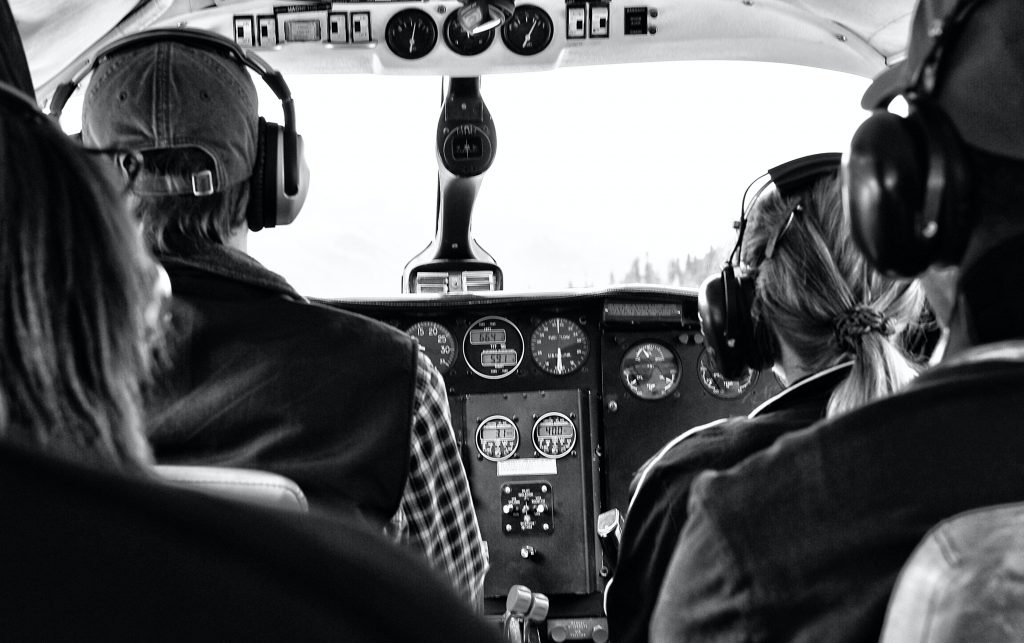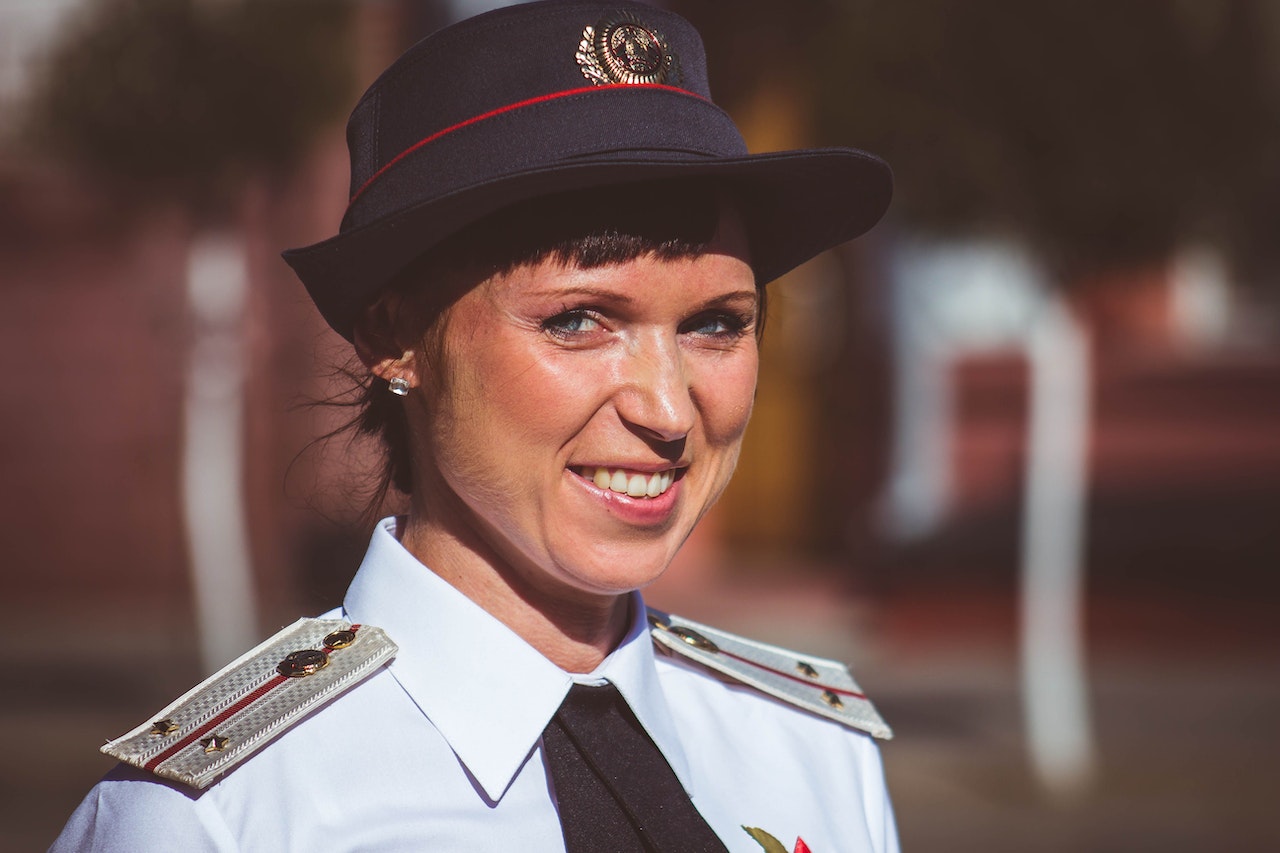Flying an airplane is an accomplishment that demands not only exceptional flying abilities but also a thorough comprehension of aviation rules, safety measures, and emergency protocols. Prior to assuming control of the cockpit of an airliner, pilots must undergo training and obtain various certifications to guarantee the safety and welfare of passengers, crew members, and the aircraft itself. In this blog post, we will explore the training programs and certifications that every pilot must complete before pursuing a career in aviation.

Training & Certifications Every Pilot Has to Take Before Flying Commercially
The followings are the training and Certificates that every commercial pilot should have::
Private Pilot Certificate
Becoming a pilot usually starts by acquiring a pilot certificate. This initial certification enables aspiring pilots to fly planes for purposes and gain flight experience. To obtain a pilot certificate, individuals need to fulfill requirements, including a minimum of 40 flight hours with 20 hours dedicated to flight instruction and 10 hours of solo flying.
Type Rating
After a pilot gets employed by an airline they need to undergo a type rating, for the aircraft they will be operating. The type rating concentrates on the systems, procedures and qualities of that aircraft model. This training involves both classroom lessons and simulator sessions to ensure that pilots have the skills to operate the aircraft in an efficient manner.
Commercial Pilot Certificate
To become a pilot, individuals must obtain a pilot certificate from reputed commercial pilot training institutes, which authorizes them to fly aircraft for payment or employment purposes. To qualify for this certification, pilots are required to accumulate 250 flight hours, out of which 100 hours should be as the pilot in command. Additionally, they need to complete a written examination and undergo a flight test conducted by an appointed pilot examiner.
Airline Transport Pilot (ATP) Certificate
The ATP certificate is considered an achievement for pilots. It is necessary for those aspiring to become airline captains. To obtain an ATP certificate, pilots need to have accumulated a minimum of 1,500 flight hours and meet experience requirements. In addition, they must successfully pass a written exam, a simulator evaluation, and a comprehensive flight test.
Emergency Procedures Training
Commercial airline pilots receive training to handle emergencies, including engine failures, cabin depressurization, and emergency landings. This training is important for pilots to help them in making quick decisions about the safety of passengers and crew members when needed. By simulating scenarios, pilots gain the expertise needed to navigate situations and demonstrate their exceptional competence and responsibility. This training ensures that the welfare of passengers remains a priority in unforeseen circumstances.
Crew Resource Management (CRM)
Effective communication and collaboration between members of the flight crew are crucial for ensuring safety and efficiency in operations. The training for Crew Resource Management (CRM) aims to enhance skills, decision-making abilities, and teamwork within the cockpit. It places emphasis on promoting communication, fostering respect, and equipping crew members with the necessary skills to handle unforeseen circumstances effectively.
Safety and Security Training
Pilots are fully devoted to achieving excellence by undertaking training and proficiency evaluations, which include engaging in simulator exercises handling emergency scenarios, and undergoing thorough assessments. This unwavering dedication to training showcases the aviation industry’s emphasis on ensuring safety and accuracy in air travel. Pilots demonstrate their commitment to upholding the levels of competence, solidifying their crucial position as protectors of safety and dependability in the skies.
Recurrent Training and Proficiency Checks
Pilots go through training to learn about aviation security protocols, evaluate threats and handle crises effectively. Their expertise lies in identifying risks and responding with precision strengthening safety measures that are vital for the smooth operation of air travel. The dedication of pilots to protect passengers, crew members, and the integrity of flights showcases their contribution to ensuring aviation security in a constantly evolving environment.
Conclusion
Becoming a pilot requires a lot of training and certification that covers different skills and knowledge related to it. You can get it from any pilot training Ahmedabad institute or any other institute you want. From learning how to fly to grasping aircraft systems and safety protocols, aspiring commercial pilots embark on a journey to ensure they are fully prepared for the challenges and responsibilities of flying commercial planes. The dedication and commitment needed to obtain these certifications highlight the pilot’s unwavering devotion to the safety and welfare of all passengers who soar through the skies.

